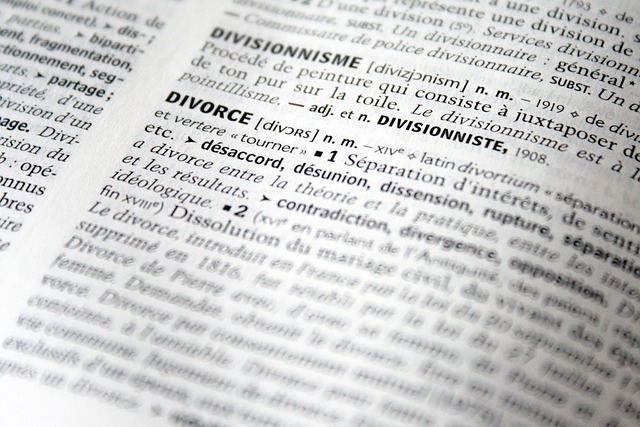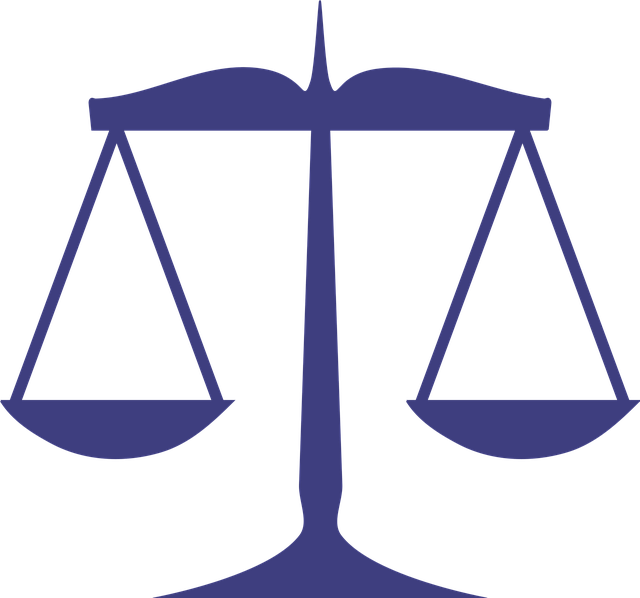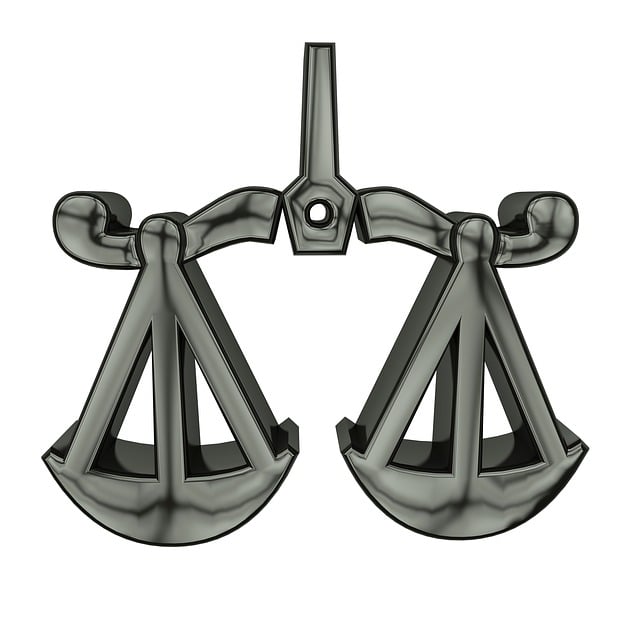Understanding prior convictions is vital in litigation, especially for sentencing. Judges often consider previous legal findings of guilt, which can significantly impact current case outcomes, particularly in white-collar and economic crimes. A defendant's criminal record, including misdemeanors and felonies, affects sentencing duration and post-sentence freedoms. Effective legal counsel is essential to navigate these complexities, ensuring fair representation and mitigating the impact of prior convictions on current penalties.
Prior convictions significantly shape litigation outcomes, particularly during sentencing. This article delves into the intricate relationship between understanding prior convictions and their impact on court decisions. We explore how previous criminal records influence sentencing, focusing on the distinction between misdemeanors and felonies. Furthermore, we present mitigation strategies for navigating the effects of past offenses, offering insights into managing these convictions to potentially improve litigation outcomes. Discover how these factors intertwine in shaping legal cases.
- Understanding Prior Convictions: Definition and Relevance in Litigation
- Impact on Sentencing: The Role of Previous Criminal Records
- Types of Prior Convictions: Misdemeanors vs. Felonies and Their Weight
- Mitigation Strategies: Navigating the Effects of Past Offenses on Court Outcomes
Understanding Prior Convictions: Definition and Relevance in Litigation

Understanding prior convictions is a pivotal aspect of litigation, especially when it comes to sentencing. These are previous legal findings of guilt made against an individual, and they significantly influence the outcome of current cases, particularly in terms of how Prior Convictions Affect Sentencing Outcomes. Judges often consider these convictions as a factor in determining an appropriate punishment, which can result in lengthier sentences or more stringent conditions for probation.
For instance, in the realm of general criminal defense and even when dealing with winning challenging defense verdicts, such as those involving white-collar and economic crimes, the presence of prior convictions can complicate matters. The prosecution may leverage these convictions to argue for harsher penalties, asserting that the defendant is a repeat offender. This highlights the importance of comprehensive legal counsel in navigating the complexities of prior conviction cases, ensuring fair representation and mitigating the potential impact on sentencing outcomes.
Impact on Sentencing: The Role of Previous Criminal Records

The impact of a defendant’s prior criminal records on sentencing is a significant aspect of the criminal justice system. Judges often consider previous convictions when determining an appropriate sentence for a current offense. This practice raises important questions about how past misdeeds influence future penalties and the fairness of the judicial process. In many jurisdictions, a history of criminal activity is seen as a relevant factor in deciding on punishment, which can range from fines to imprisonment or probation.
Having a criminal record, especially multiple convictions, can significantly alter sentencing outcomes, often leading to harsher penalties for subsequent offenses. This trend poses challenges for both general criminal defense attorneys and those representing corporate and individual clients alike. It underscores the need for effective legal strategies that not only challenge the admissibility of prior convictions but also advocate for mitigating circumstances to achieve extraordinary results in spite of these records.
Types of Prior Convictions: Misdemeanors vs. Felonies and Their Weight

Prior convictions play a significant role in shaping sentencing outcomes, with distinctions between misdemeanors and felonies carrying substantial weight. Misdemeanors, representing lesser offenses, often result in shorter sentences or probation when compared to felonies, which are more serious crimes. These classifications impact not only the length of imprisonment but also post-sentence freedoms, such as eligibility for parole or community service.
Understanding the impact of these convictions is crucial throughout all stages of the investigative and enforcement process. Achieving extraordinary results in litigation often hinges on how these prior records are navigated, as they can influence key decisions, from plea bargains to judge’s sentencing discretion. Thus, it’s vital to consider the nature and severity of past offenses to advocate for the best possible outcome in any respective business.
Mitigation Strategies: Navigating the Effects of Past Offenses on Court Outcomes

In litigation, understanding how prior convictions influence court outcomes is a strategic advantage for both corporate and individual clients. The impact of past offenses on sentencing can significantly shape the trajectory of legal cases, often leading to harsher penalties or more favorable resolutions, depending on the circumstances. When a defendant has previous criminal records, especially related to similar offenses, prosecutors may argue for enhanced punishments as a deterrent and to reflect the severity of repeated transgressions.
Mitigation strategies play a crucial role in navigating these challenges. Legal teams can focus on presenting mitigating factors that counteract the effect of prior convictions. This might include demonstrating significant changes in behavior post-offense, rehabilitation efforts, or extenuating circumstances that led to the initial conviction. By effectively addressing these past offenses and their context, attorneys can help clients avoid indictment and shape sentencing outcomes during all stages of the investigative and enforcement process.
Understanding the impact of prior convictions is paramount in navigating litigation. These past offenses significantly shape sentencing outcomes, with both misdemeanors and felonies carrying weight that can influence court decisions. By recognizing their relevance and employing mitigation strategies, individuals can advocate for more favorable results. Awareness of how prior convictions are considered ensures a more level-headed approach to justice, where the focus remains on the specific case at hand while acknowledging the defendant’s past.






